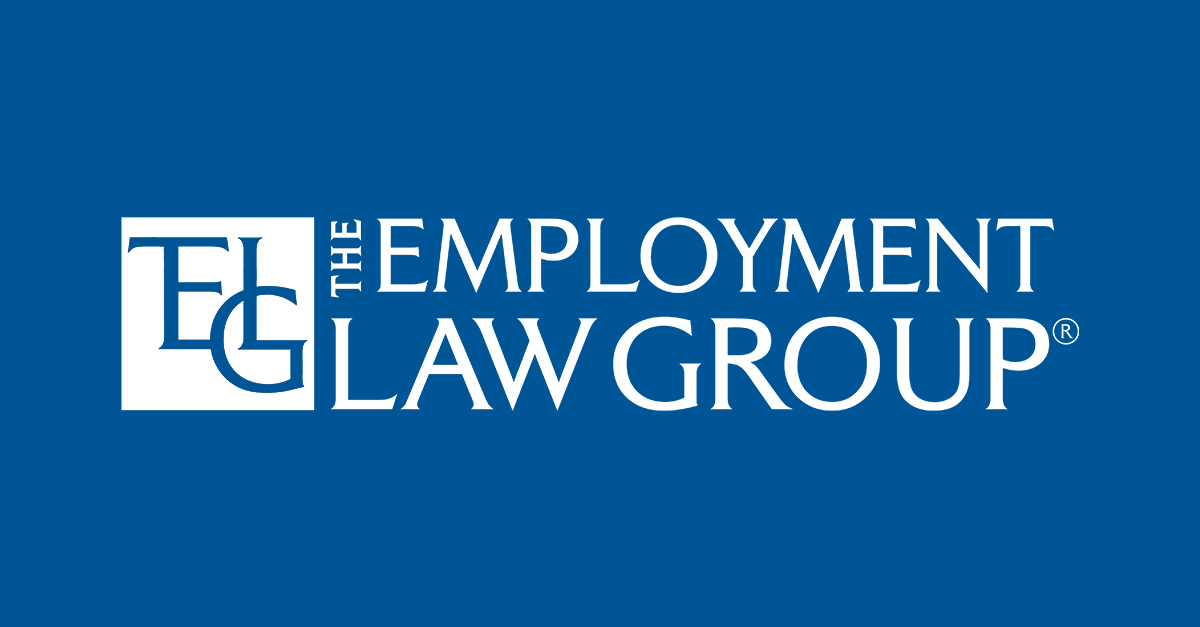Whistleblower retaliation lawsuit settlements have become a crucial topic in the legal landscape, offering both protection and compensation for those who speak out against unethical practices. In recent years, numerous high-profile cases have highlighted the importance of safeguarding whistleblowers who expose corruption or illegal activities within organizations. These settlements not only serve as a deterrent for companies engaging in wrongdoing but also ensure that whistleblowers receive justice for the risks they take. By shedding light on these settlements, individuals can gain a deeper understanding of their rights and the potential outcomes when stepping forward to report misconduct.
The rise in whistleblower retaliation lawsuit settlements reflects a growing recognition of the critical role whistleblowers play in maintaining integrity and accountability across industries. From financial institutions to healthcare providers, the impact of whistleblowers is far-reaching, influencing policies and practices at all levels. However, the journey to achieving a settlement is often fraught with challenges, requiring individuals to navigate complex legal processes while facing potential backlash from employers. This article aims to demystify the process, offering valuable insights and resources for those considering taking legal action.
As public awareness around whistleblower retaliation lawsuit settlements continues to grow, it is essential to explore the nuances of these cases. Understanding the legal framework, potential compensation, and the importance of having experienced legal representation can significantly enhance an individual's ability to secure a favorable outcome. Additionally, staying informed about recent developments and landmark cases can empower whistleblowers to make informed decisions about their next steps. By delving into these aspects, this article seeks to provide clarity and support for those navigating this challenging terrain.
Read also:Lee Mack Wife Blind A Comprehensive Look At The Life And Relationships
What Are the Key Elements of a Whistleblower Retaliation Lawsuit?
A whistleblower retaliation lawsuit typically involves an individual who has reported illegal or unethical activities within their organization and subsequently faced adverse actions as a result. Key elements include proving that the whistleblower engaged in protected activity, suffered retaliation, and establishing a causal link between the two. These lawsuits often hinge on the ability to demonstrate that the employer's actions were directly motivated by the whistleblower's disclosures. Understanding these elements is crucial for building a strong case.
How Can Whistleblowers Protect Themselves During the Legal Process?
Whistleblowers can take several steps to protect themselves throughout the legal process. Documenting all interactions, maintaining detailed records of communications, and consulting with legal professionals experienced in whistleblower cases are essential strategies. Additionally, understanding the applicable laws, such as the False Claims Act or the Sarbanes-Oxley Act, can provide valuable guidance. By taking proactive measures, whistleblowers can mitigate risks and strengthen their position when seeking whistleblower retaliation lawsuit settlements.
Why Are Whistleblower Retaliation Lawsuit Settlements Important?
Whistleblower retaliation lawsuit settlements play a vital role in ensuring justice for those who expose wrongdoing. These settlements not only compensate whistleblowers for the harm they have endured but also send a powerful message to organizations about the consequences of retaliatory behavior. By establishing precedents, these cases contribute to a more transparent and accountable society, encouraging others to come forward without fear of reprisal. Understanding the significance of these settlements can inspire confidence in the legal system's ability to protect those who act in the public interest.
What Are the Common Challenges Faced in Whistleblower Retaliation Cases?
Whistleblower retaliation cases often encounter numerous challenges, including the difficulty of proving retaliation and overcoming employer defenses. Employers may argue that the adverse actions were based on legitimate business reasons rather than retaliation, making it essential for whistleblowers to present compelling evidence. Additionally, navigating the legal complexities and ensuring compliance with procedural requirements can be daunting without proper guidance. Addressing these challenges requires a strategic approach and the support of skilled legal professionals.
What Role Does Evidence Play in Whistleblower Retaliation Lawsuit Settlements?
Evidence is a critical component of whistleblower retaliation lawsuit settlements, as it serves as the foundation for proving the whistleblower's claims. Gathering and preserving relevant documentation, such as emails, memos, and performance reviews, can significantly strengthen a case. Additionally, witness testimonies and expert opinions can provide further support. By meticulously organizing and presenting evidence, whistleblowers can enhance their chances of securing a favorable settlement.
How Do Whistleblower Retaliation Lawsuit Settlements Impact Organizational Culture?
Whistleblower retaliation lawsuit settlements can have a profound impact on organizational culture by fostering an environment of transparency and accountability. When organizations face legal consequences for retaliating against whistleblowers, they are more likely to implement policies and practices that discourage such behavior. This shift can lead to improved workplace conditions, increased trust among employees, and a stronger commitment to ethical standards. Understanding the broader implications of these settlements can inspire organizations to prioritize integrity and fairness.
Read also:Scorpio Birthdates A Deep Dive Into The Traits Compatibility And Mystique Of Scorpio
Steps to Pursuing a Successful Whistleblower Retaliation Lawsuit Settlement
Pursuing a successful whistleblower retaliation lawsuit settlement involves several key steps. First, whistleblowers should carefully assess their situation and gather all relevant evidence. Next, consulting with an experienced attorney who specializes in whistleblower cases is crucial for navigating the legal process effectively. Developing a comprehensive strategy, including identifying potential claims and evaluating settlement options, can further enhance the chances of success. By following these steps, whistleblowers can increase their likelihood of achieving a favorable outcome.
What Legal Protections Are Available for Whistleblowers?
Whistleblowers have access to various legal protections designed to safeguard their rights and prevent retaliation. Federal and state laws, such as the Whistleblower Protection Act and the Dodd-Frank Act, offer significant safeguards for individuals who report misconduct. These protections cover a wide range of industries and provide mechanisms for addressing retaliation. Understanding the scope and limitations of these laws can empower whistleblowers to make informed decisions about their legal options.
How Long Does It Typically Take to Resolve Whistleblower Retaliation Lawsuit Settlements?
The duration of whistleblower retaliation lawsuit settlements can vary significantly depending on the complexity of the case and the willingness of both parties to reach an agreement. While some settlements may be resolved within months, others can take years to finalize, particularly if they involve extensive litigation or appeals. Patience and persistence are essential qualities for whistleblowers during this process, as delays can be frustrating but are often unavoidable. By setting realistic expectations, whistleblowers can better manage the challenges associated with resolving their cases.
Conclusion: The Importance of Whistleblower Retaliation Lawsuit Settlements
In conclusion, whistleblower retaliation lawsuit settlements are vital for promoting justice, accountability, and transparency in society. By providing whistleblowers with the resources and support needed to pursue legal action, these settlements help protect individuals who take significant risks to expose wrongdoing. As awareness and understanding of these cases continue to grow, it is crucial for both whistleblowers and organizations to recognize the importance of fostering a culture that values integrity and ethical behavior. Through collaboration and commitment, we can create a more just and equitable world for all.
Table of Contents
- Understanding the Complex World of Whistleblower Retaliation Lawsuit Settlements
- What Are the Key Elements of a Whistleblower Retaliation Lawsuit?
- How Can Whistleblowers Protect Themselves During the Legal Process?
- Why Are Whistleblower Retaliation Lawsuit Settlements Important?
- What Are the Common Challenges Faced in Whistleblower Retaliation Cases?
- What Role Does Evidence Play in Whistleblower Retaliation Lawsuit Settlements?
- How Do Whistleblower Retaliation Lawsuit Settlements Impact Organizational Culture?
- Steps to Pursuing a Successful Whistleblower Retaliation Lawsuit Settlement
- What Legal Protections Are Available for Whistleblowers?
- How Long Does It Typically Take to Resolve Whistleblower Retaliation Lawsuit Settlements?


